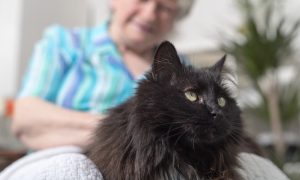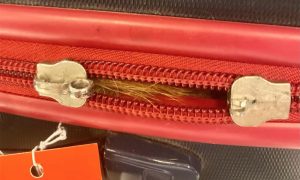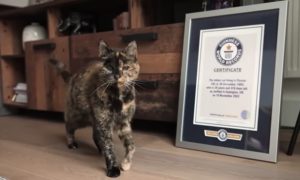We’re deep in the woes of winter – and there don’t seem to be any signs of warmer weather on the way just yet! That said, just because they’re wearing those gorgeous fur coats, doesn’t mean cats and dogs are immune to the ice, snow, and frigid temps that come along with winter weather.
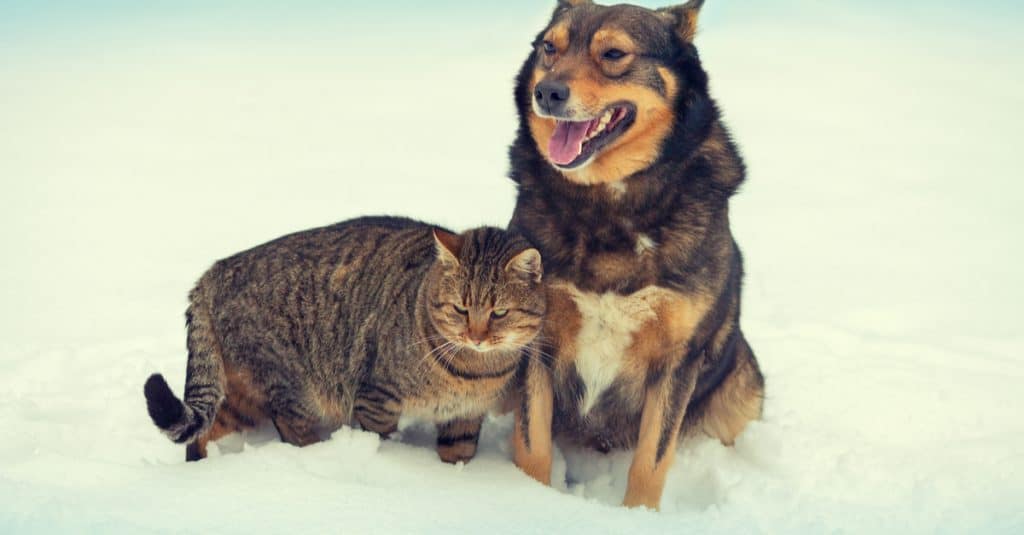
Healthy Paws Pet Insurance has outlined the top five winter dangers/illnesses that pet parents should watch out for – and how they can remedy them.
1. Hypothermia:
Pets are susceptible to hypothermia from extreme cold; the combination of cold and wet, soggy fur is particularly dangerous.
What can pet parents do?
Avoid extended periods in cold temperatures. For short outdoor excursions like bathroom breaks and daily walks with a dog, protect paws with booties. A sweater, jacket or fleece can also keep fur dry and snow-free.
Symptoms:
Shivering, lethargy and listlessness. If your pet’s temperature is below 95 degrees Fahrenheit, they have hypothermia.
Treatment: If you suspect your dog or cat has hypothermia, get to your nearest vet clinic. In the meantime, try and raise the animal’s body temperature with warm blankets or a towel-wrapped hot water bottle.
2. Frostbite:
Hypothermia and frostbite in pets go hand-in-hand. Frostbite is tissue damage that occurs in extreme cold and varies from minor to severe. It depends on your pet’s size, age, fur thickness and how long he or she has been outside. Fur and skin soaked from snow or ice also puts your pet at risk of developing frostbite.
What can pet parents do?
Prevent frostbite in dogs and cats by limiting outdoor activities in extreme temperatures. Other measures are similar to hypothermia above, including keeping fur and skin dry and outfitting dogs in pet-friendly outerwear.
Symptoms:
i. First degree: Pale, hard skin at the extremities that turns scaly, red and swollen when warmed.
ii. Second degree: Blistering on the skin.
iii. Third degree: Skin darkening, often over several days; gangrene may develop.
Treatment: If signs of frostbite emerge, bring your pet inside immediately and apply lukewarm water to affected areas. Never massage frostbitten areas, as this could cause pain. Immediate, emergency veterinary care is required to safely warm your pet. Painkillers and antibiotics may be prescribed as well.
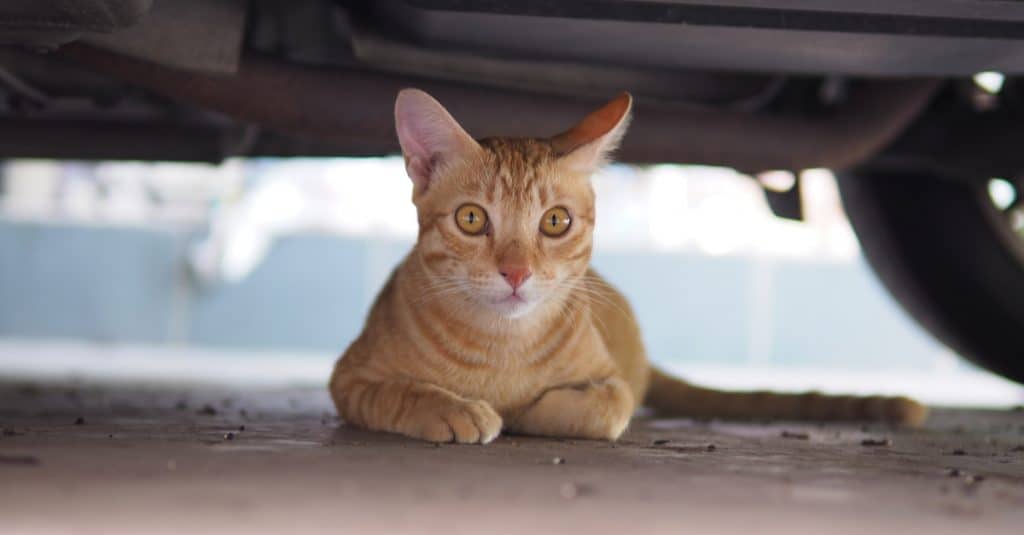
3. Antifreeze poisoning:
The chemical ethylene glycol, an additive in antifreeze, gives the substance its sweet taste. Pets often lick the liquid off garage floors, sidewalks and streets, or out of toilet bowls in homes that use it to winterize pipes.
What can pet parents do?
Prevent pet antifreeze poisoning by storing all household and automotive chemicals out of paws’ reach in a latched cupboard. Make sure to clean all garage spills and find pet-friendly ways of winterizing your pipes. When walking your dog outside, protect your pet’s paws with booties and do a post-walk paw wipe.
Symptoms:
Signs of antifreeze poisoning are mainly “drunken” behavior, such as wobbly walking, nausea/vomiting, seizure and coma.
Treatment: If you spot these symptoms, call your vet immediately, but do not give your pet any substances. They may advise administering hydrogen peroxide as an emetic, but do not do this without your vet’s advice.
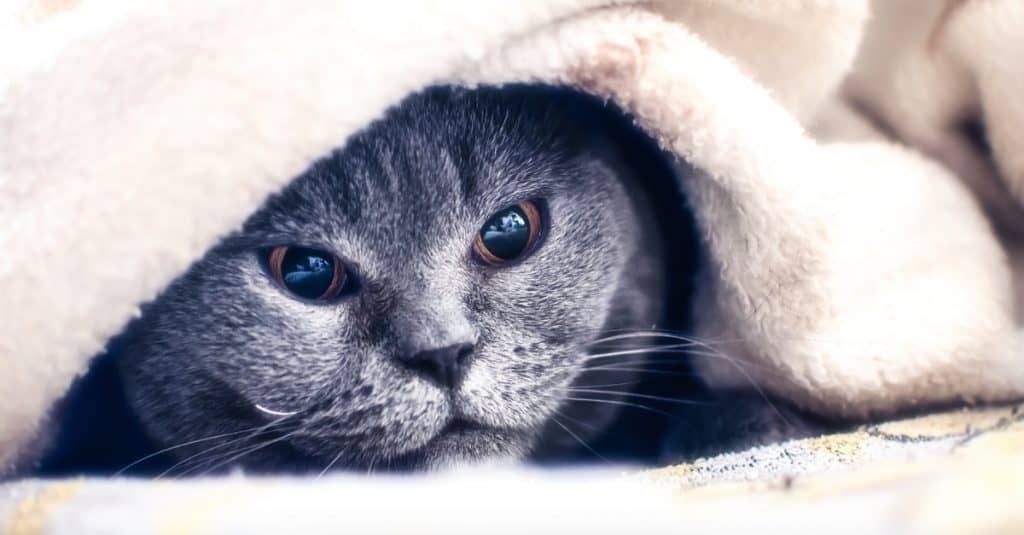
4. The sniffles:
Just like humans, dogs and cats can catch a little cold in the winter.
What can pet parents do?
Follow the guidelines for preventing other cold-related conditions, and use a variety of pet-friendly, at-home remedies to fight the cold. Place a humidifier in your pet’s favorite room to help their cough; if you don’t have a humidifier handy, take Fido or Fluffy into the bathroom with you while you shower – the steam will have the same effect. Feed your pet warm foods and keep them hydrated, even a little low-sodium chicken or beef broth is okay.
Symptoms of the sniffles include a slight cough, wetter nose, a little fatigue or lethargy all indicate a minor upper respiratory infection.
Treatment: Take your pet to the vet if he or she is very young or old, or if any preexisting conditions could complicate the cold. If symptoms don’t improve within a few days, make an appointment with your vet, as some stubborn sniffles require antibiotics. It’s also important to keep your sick pet quarantined from the healthy ones.
5. Kennel Cough:
Dogs are susceptible to canine infectious tracheobronchitis, also known as kennel cough for the way it spreads. Boarding facilities, winter temps, stress, and inhaling smoke all increase the risk of developing kennel cough. A bacteria and a virus are responsible for the condition, often both at once.
What can pet parents do?
Prevent kennel cough by quarantining potentially infected pets until you can get vet care. A kennel cough vaccine is also available; if you pet is very young or old, or has preexisting conditions, consider having friends or family pet sit instead of boarding.
Symptoms: The primary symptom of kennel cough is a goose-like, honking cough. This noise differs from the “reverse sneeze” common in some breeds, like Beagles. Sneezing, runny nose and eye discharge are secondary symptoms. Pneumonia, tuberculosis and other serious respiratory conditions have similar symptoms.
Treatment: Treat minor kennel cough with a humidifier or at-home steam treatment. If it persists after three weeks, visit your vet for some antibiotics and to confirm the diagnosis of kennel cough.
The Catington Post is reader-supported. That means, if you make a purchase through links on our site, we may earn an affiliate commission. All images and names which are not the property of The Catington Post are the property of their respective owners.













